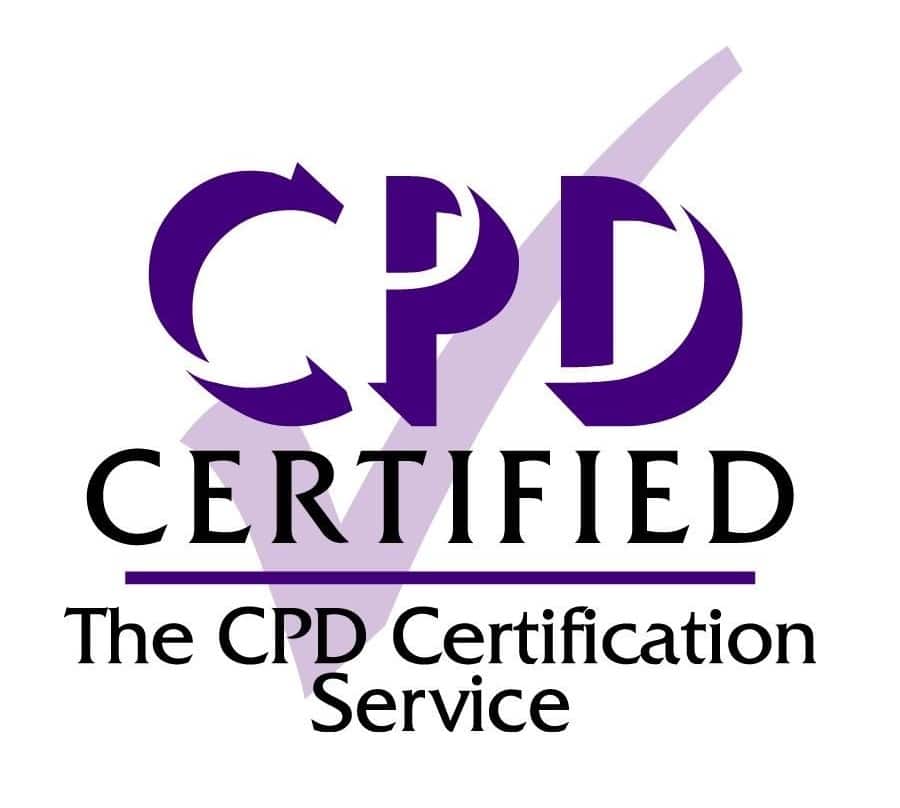Stroke
Current Status
Price
Get Started
Buy Pay As You Go credits
- Pay as you go, buy credits and use on any course*.
- One credit gives you access to one course for one user from £1.99 a credit
- Unlock bigger discounts by purchasing more credits! – Use scroll bar below to review:
*Excluding Care Certificate and Management Courses
Cost per Credit: £8.50
Credits: 1. Total Price: £8.50
About the course
Stroke awareness and management are crucial for providing effective care to stroke survivors and reducing the long-term impact of this medical emergency. This comprehensive Stroke Awareness course equips care workers with the knowledge and skills to understand stroke causes, types, symptoms, and effects on the brain. It also emphasises early recognition using the FAST method, timely intervention, and tailored support for rehabilitation and recovery. By addressing prevention, treatment, and aftercare, the course empowers learners to provide holistic, informed care to stroke survivors while promoting their independence and well-being.
What will you learn
Understanding Stroke
- Learn what strokes are, their causes, and the critical need for immediate medical intervention to minimise brain damage and improve recovery outcomes.
Recognising Symptoms
- Use the FAST method to identify stroke symptoms early and understand the importance of timely response to reduce long-term impact.
Types of Strokes
- Differentiate between ischemic, haemorrhagic, and transient ischemic attacks (TIAs), and understand their causes and effects on brain function.
Brain Function and Stroke Effects
- Gain insight into how strokes affect motor skills, cognition, speech, and sensory functions, and learn about key conditions like dysphagia and aphasia.
Stroke Diagnosis and Treatment
- Explore the processes for diagnosing strokes, including CT scans, MRIs, and blood tests, as well as treatment options like thrombolytics and surgical interventions.
Rehabilitation and Recovery
- Understand the role of physical, speech, and occupational therapy in helping stroke survivors regain independence and improve quality of life.
Risk Factors and Prevention
- Identify major stroke risk factors, such as high blood pressure, diabetes, and smoking, and explore effective prevention strategies through lifestyle changes and medical management.
Care Workers’ Responsibilities
- Learn how to support stroke survivors through medication management, physical rehabilitation, communication aid, and emotional and psychological support.
Life After Stroke
- Understand the challenges stroke survivors face and how to promote safety, independence, and social connections while fostering a positive recovery environment.
By the end of this course, care workers will be well-equipped to recognise, respond to, and manage strokes effectively, ensuring the best outcomes for their clients.
Course Content
References
References
- Stroke Association. (n.d.). What is a stroke?. Available at: https://www.stroke.org.uk
- NHS. (n.d.). Stroke overview. Available at: https://www.nhs.uk/conditions/stroke
- World Health Organization (WHO). (2019). Stroke: A leading cause of death and disability. Available at: https://www.who.int/news-room/fact-sheets/detail/stroke
- American Heart Association. (n.d.). FAST: Recognizing stroke symptoms. Available at: https://www.stroke.org/en/about-stroke/stroke-symptoms
- Healthline. (2021). The effects of stroke on the brain. Available at: https://www.healthline.com/health/stroke/effects-on-brain
- National Institute of Neurological Disorders and Stroke. (2020). Types of stroke. Available at: https://www.ninds.nih.gov
- Mayo Clinic. (n.d.). Stroke prevention strategies. Available at: https://www.mayoclinic.org/diseases-conditions/stroke/symptoms-causes
- Stroke Association. (2022). Life after stroke: Supporting survivors. Available at: https://www.stroke.org.uk/what-happens-after-stroke
- National Health Service (NHS). (2021). Stroke rehabilitation guidelines. Available at: https://www.nhs.uk/conditions/stroke/recovery
- Centers for Disease Control and Prevention (CDC). (2022). Preventing another stroke. Available at: https://www.cdc.gov/stroke/prevention.htm
- Johns Hopkins Medicine. (n.d.). Diagnosing stroke. Available at: https://www.hopkinsmedicine.org
- National Heart, Lung, and Blood Institute (NHLBI). (2022). Managing risk factors for stroke. Available at: https://www.nhlbi.nih.gov
- Brain and Life. (2021). Emotional impact of stroke. Available at: https://www.brainandlife.org
- Rehabilitation Research and Training Centre (RRTC). (2022). Comprehensive stroke recovery plans. Available at: https://www.rrtc.org
- British Heart Foundation. (2022). Managing atrial fibrillation to prevent stroke. Available at: https://www.bhf.org.uk
- National Institute for Health and Care Excellence (NICE). (2019). Guidelines for stroke management. Available at: https://www.nice.org.uk

“Duis aute irure dolor in reprehenderit in voluptate velit esse cillum dolore eu fugiat nulla pariatur. Excepteur sint”
Katherine Cutts
Junior Designer at Company

“Duis aute irure dolor in reprehenderit in voluptate velit esse cillum dolore eu fugiat nulla pariatur. Excepteur sint”
Daniel Smith
Mobile Developer at Busines
Ratings and Reviews







